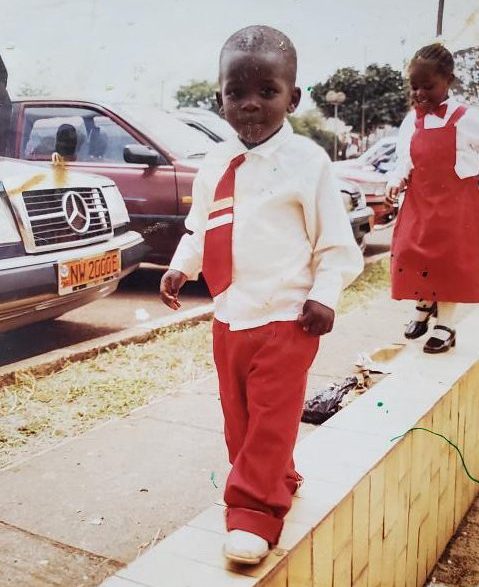The Plastic Epidemic
July 11, 2016
Humanity has created a destructive system. This system tells people to consume and to not stop. It will give the facts about waste, but not give a convenient enough way out. Ecowatch.com states that over the last ten years more plastic has been produced than during the whole of the last century. Plastic bottles. Plastic utensils. Plastic cups. Plastic bags filled with plastic items to be thrown in a plastic trashcan.
As Jeff Bridges said in his documentary about waste, “When did we become this plastic society?”
BantheBottle.net estimates that Americans used 50 million water bottles last year. Worldcentric.org estimates 40 billion plastic utensils are used every year in just the United States, and Earth Policy Institute quotes that one trillion plastic bags are used every year worldwide.
It is not realistic to say that people will suddenly stop using plastic products. The problem is not that people use plastic. The problem is that plastic waste has become a way of life.
Single-use plastic products are convenient, making the switch to more sustainable materials less feasible in the minds of the majority of society.
It is easy to make a change from a daily plastic water bottle to a reusable metal one. But the problem goes beyond an easy fix to the point that there are landfills of plastic garbage that will take hundreds of years to decompose.
The Earth cannot digest plastic. It goes from landfills, to the oceans. Even more, recycling is not a sustainable enough solution. People continue to consume more and more, while the existing plastic only accumulates. The EPA reports “every bit of plastic ever made still exists.”
The average American throws away approximately 185 pounds of plastic per year. In that year, it takes 17 million barrels of oil to make plastic water bottles, enough to fuel one million cars every year.
As well, plastic pieces of trash in the ocean now outnumber sea life six to one. Ecowatch.com states “Billions of pounds of plastic can be found in swirling convergences in the oceans making up about 40 percent of the world’s ocean surfaces. 80 percent of pollution enters the ocean from the land.” From that pollution, thousands of seabirds and sea turtles, seals and other marine mammals are killed each year after ingesting plastic or getting entangled in it.
The question comes in, when will there come an end to this epidemic? Will it be when the oceans can no longer support the waste? Or when the streets are so filled with garbage that backyards are landfills? Will it be when the effects of BPA flowing through bodies hits the point that humans will be forced to address it? Or will it be when too many species are killed off in the water?
Why is that humans wait till their own habits can no longer be sustained to switch them? There are better ways. Even though more sustainable products may be initially less convenient and more expensive to use in daily life, they are completely necessary.
Ultimately, habits endorsed by major industries are hard to kill. When soft drink products are sold in plastic two liters and easy to grab 20 fluid ounce bottles at gas stations, it is hard to tell corporations to stop. Or when grocery stores pack everyone’s products in dozens of plastic bags, a person is most likely not going to refuse. But when will humanity be forced to refuse?
When looking at a problem so big and seemingly endless, it is hard for one person to believe they can make a difference. It seems that each person only considers their actions as inconsequential in comparison to the mess of it all. However, reduction of plastic waste is very possible. Every individual contributes to this epidemic until they choose not to. It is time to break the system and start realizing the destruction of the world when sipping from that plastic cup.







